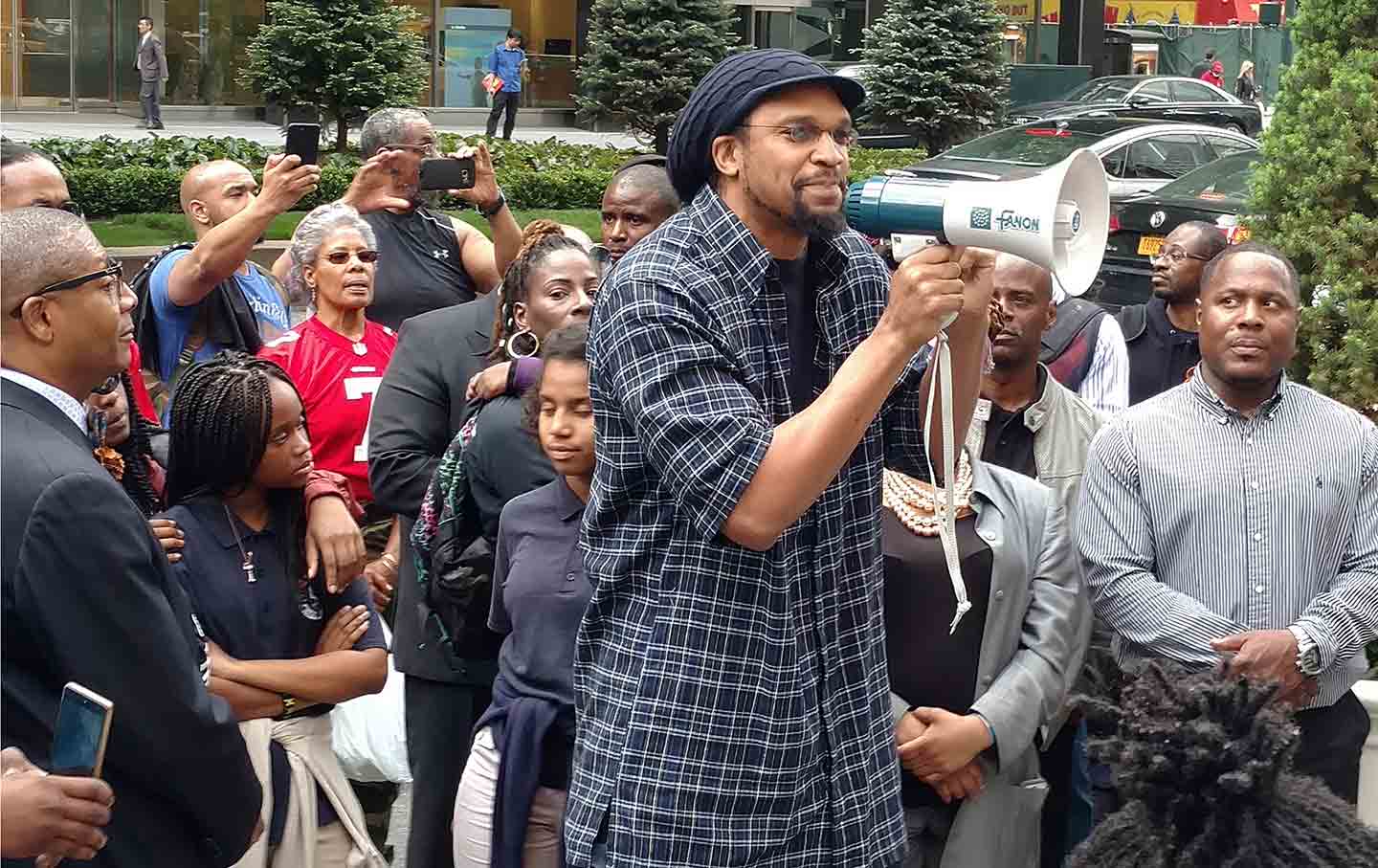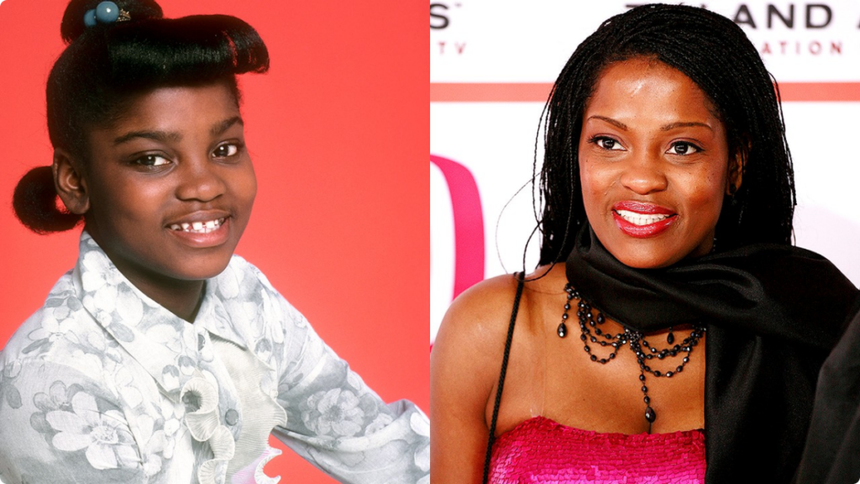

At least one sports television network president believes that national anthem protests last season were a factor in the decline of NFL ratings.
On Wednesday during its annual NFL Media Day in New York City, CBS Sports chairman Sean McManus said research his network did internally indicated that the protests played some kind of role in declining average viewers. He was emphatic, however, that it was merely a factor and not the cause. The average television viewership for the 2016 NFL season dropped roughly 8% last year from 2015.
“We did research and it was relatively proprietary research, to be honest with you,” McManus said. “But I think if you look at some of the reasons why NFL viewership was down last year, that is a reason that’s mentioned by a fair amount of viewers. It is something they don’t find attractive or they find don’t compelling in coverage of the football game. How big a factor it was? I don’t really know. But it was one of the factors that I think perhaps led to the slight decrease in ratings last year.”
The issue of how much the anthem protests—fueled by former Niners quarterback Colin Kaepernick— impacted ratings remains highly debated in sports television circles. Earlier in the week, Mike Mulvihill, the executive vice president of research, league operations and strategy for Fox Sports, emphatically told Sports Business Daily media reporter John Ourandthat any NFL viewer backlash to Kaepernick was not a factor in the NFL declines. He made his point based on the total number of people that watched any amount of the NFL regular season—a number that grew by five million viewers.
“That is in conflict with the idea of a boycott,” Mulvihill told the publication. “If there was really a meaningful boycott going on, you’d see reach go down. And we didn’t. Fans may feel strongly about the protests. But there’s no evidence they affected the ratings.”
McManus said that even though he believed viewers did not like the intersection of football and politics during coverage, CBS would cover any anthem boycott as a news story.
“Just because it might not be popular with the viewer at home doesn’t mean we’re not going to cover it,” McManus said. “There’s a lot of things that you do on television that may not be popular, but they’re important to do from a journalistic standpoint. If we think it’s important journalistically and we think it’s part of the story, I don’t want to tell them to do it or not to do it. I think that is up to the person producing the broadcast themselves. They have good enough senses of storytelling and journalism to make that call.”
Ourand reported that Mulvihill gave a presentation at a Fox Sports seminar with NFL talent producers and director earlier this month and cited his three biggest factors that led to declining ratings in 2016: The Presidential Election, the absence of stars, and the expansion of football windows.
McManus said he believed the biggest factor in last year’s decline was news coverage of the election, particularly in the primetime windows. “That was an important factor,” he said. “Then there was the retirement of Peyton Manning, the fact that Tom Brady wasn’t playing the first four weeks, J.J. Watt not playing, I think those storylines were a factor. There were also some less than compelling games, quite frankly. The Cubs winning the World Series for the first time in that many years. They were all factors that contributed.
“Listen, I do think the ratings will come back. But you have to look at this relatively speaking: The NFL ratings are still by far and away the most attractive property in all of television by a huge margin. The fact the ratings were down marginally are of concern but nobody is panicking and saying that the NFL is slipping in terms of its popularity or in terms of its dominance, relatively speaking to what else is on television.”










